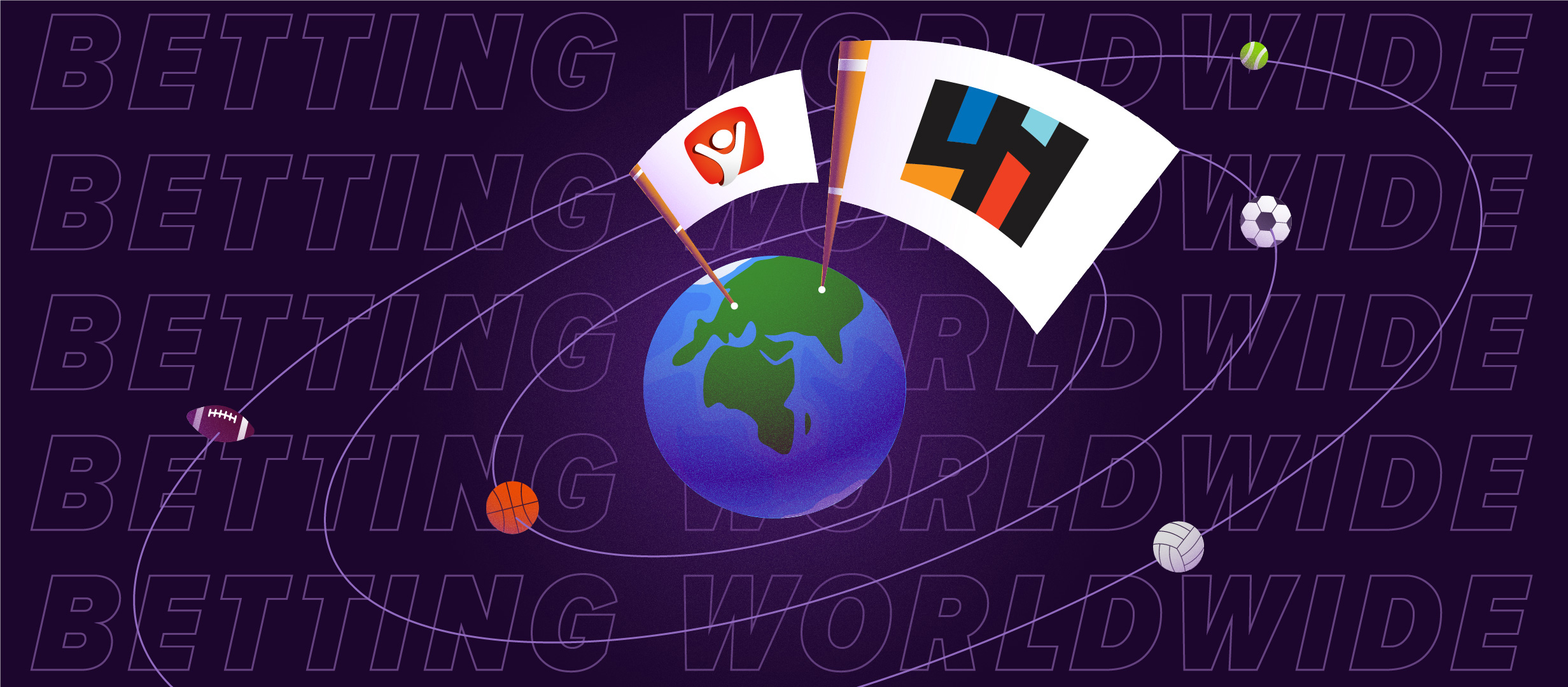Bookmakers’ front-of-shirt sponsorship is getting wider, Disney will partner with betting
The main events from the world of betting in the 4H and Legalbet post.

The Netherlands
The local regulator 25 gambling websites. It will check whether they follow the clauses of the new legislature that came into force on October 1. Now all the offshore websites that do not have a Dutch license must block gamblers from the Netherlands. Previously, operators only needed to avoid specifically targeting the Dutch citizens. The possible sanctions from the regulator may apply not only to the operators of the websites but also to third parties such as payment service providers and advertisers who promote the sites.
As the new legislature came to force, a number of major operators announced that they would block Dutch customers. Entain said the move would cost it approximately £5m per month in earnings, while Kindred said it would be hit for around £12m. Other operators to block Dutch customers included LeoVegas, Betsson, Casumo and 888. However, the regulator noted that many other operators still accept Dutch customers.
An objective of the law is to “channel” players from illegal to legal providers. Currently, only 10 operators are licensed to offer online gambling in the Netherlands.
Ivan Kurochkin’s comments
Following the issue of the first licenses, the Dutch regulator further intensifies its fight against illegal operators through a more thorough monitoring of the selected 25 unlicensed websites that are not supposed to accept players from the Netherlands.
Unfortunately, it remains unclear as to which operators have come under the scrutiny by the Dutch regulator — the ones that are planning to enter the Dutch market or the ones that do not operate directly in the Dutch market, yet target Dutch citizens.
What is also peculiar is that along with the possible liability for the operators themselves, the regulator also implies liability for payment systems and affiliates involved in promoting a particular operator's website.
It is no secret that monitoring (and subsequent blocking) of offshore operators' websites is one of the more popular methods (albeit not always successful) of combating illegal gambling. This method is actively being used by law enforcement authorities in countries like Poland, Romania, and Spain.
At the same time, in a number of countries, identifying an offshore website belonging to any of the brands may result not only in potential liability for the operator, but also the further possibility of obtaining a license in such a market. Such provisions are contained both in the legislation of European countries (for example, the Netherlands, Romania), and in the legislation of some states in North America (for example, New Jersey).
In any case, the activity of the Dutch regulator displays confidence that the government takes gambling regulation seriously and has already started to test some of the methods of dealing with the offshore operators’ websites.
Europe
A report on market research site ResearchAndMarkets.com that gambling brands continue to dominate front-of-shirt sponsorship in European football. The report found that just over 20% of clubs in Europe’s 15 highest-ranked football divisions had a gambling brand as a front-of-shirt sponsor. Some 51 clubs out of 244 had front-of-shirt deals with gambling brands.
That marks an increase of 11 from last season despite tighter regulations on gambling advertising in countries such as Italy and Spain. It’s also 18 more than any other industry.
The report estimates that teams in the five biggest European leagues (England, Spain, Germany, Italy and France) collectively gain around $1.2bn from front-of-shirt deals. The English Premier League (EPL) is the most lucrative, with clubs receiving $450.5m.
Ivan Kurochkin’s comments
The research only confirmed what was known and understood for a long time - front-of-shirt advertising on the uniform of football teams is still very popular among betting operators, despite the restrictions that are being implemented in Europe.
For many football clubs advertising contracts with sports betting operators have been and continue to be one of the most popular means for the formation of club budgets.
At the same time, advertising is not the only source of funding for football clubs — some countries have legislation that directs certain amounts of collections from operators towards the football clubs’ budgets.
For example, Denmark, France, and Portugal all have the corresponding legislation making sports betting operators direct a certain percentage of their profits towards the development of sports in the country. Portions of such deductions are presumably directed to football clubs, forming some part of their overall budget along with the revenue from sponsorship contracts and advertising.
USA
Disney CEO Bob Chapek that Disney’s ESPN is “seriously considering getting into betting in a bigger way”. Previously, ESPN was reported to be wanting to enter into a $3 billion long-term licensing agreement with US betting operators. However the deal was under question as partnership with betting companies could do harm to Disney reputation as gambling is still considered dangerous by some people.
However, Chapek said Disney had done “substantial research” on the industry with an eye on further opportunities. Disney CEO claims that sports betting is a very significant opportunity for the company. And it’s all driven by the consumer. Chapek believes that gambling does not have the cache now that it had 10 or 20 years ago. So he is sure that partnership with the betting industry will be useful for ESPN and it will not have an impact on the Disney brand.
Further reading:

